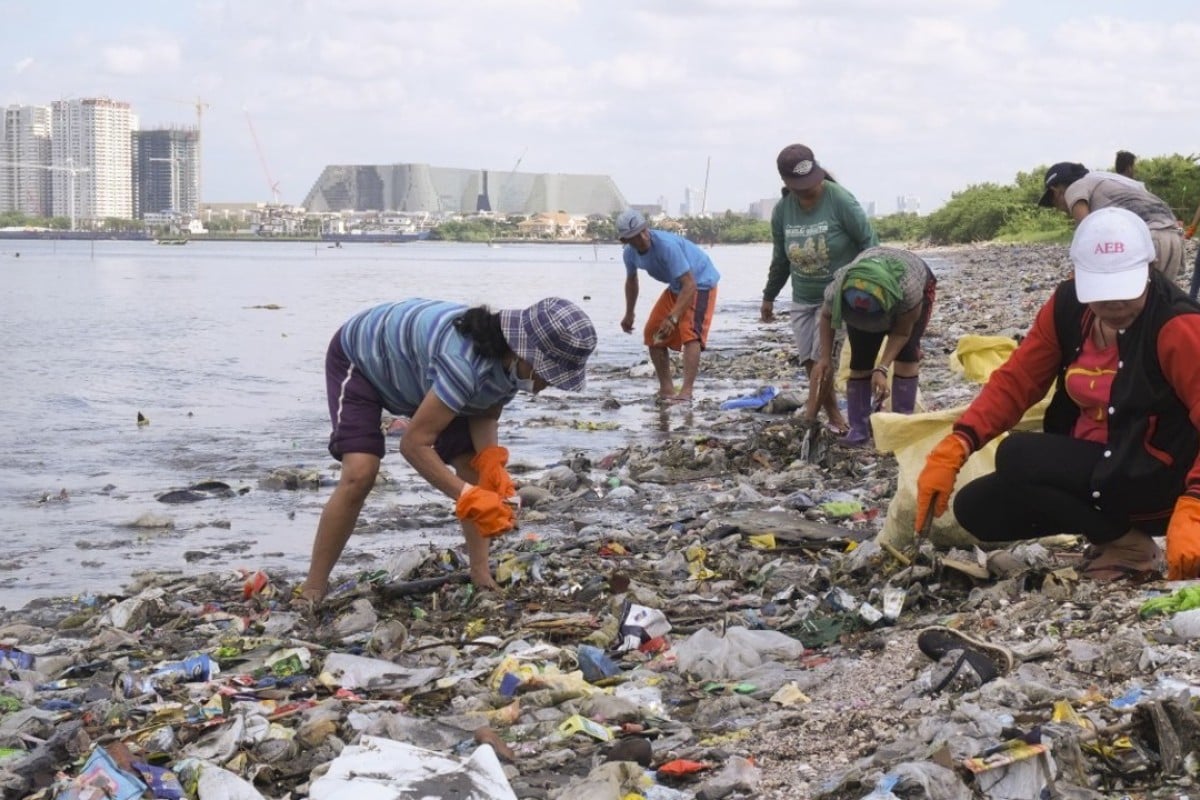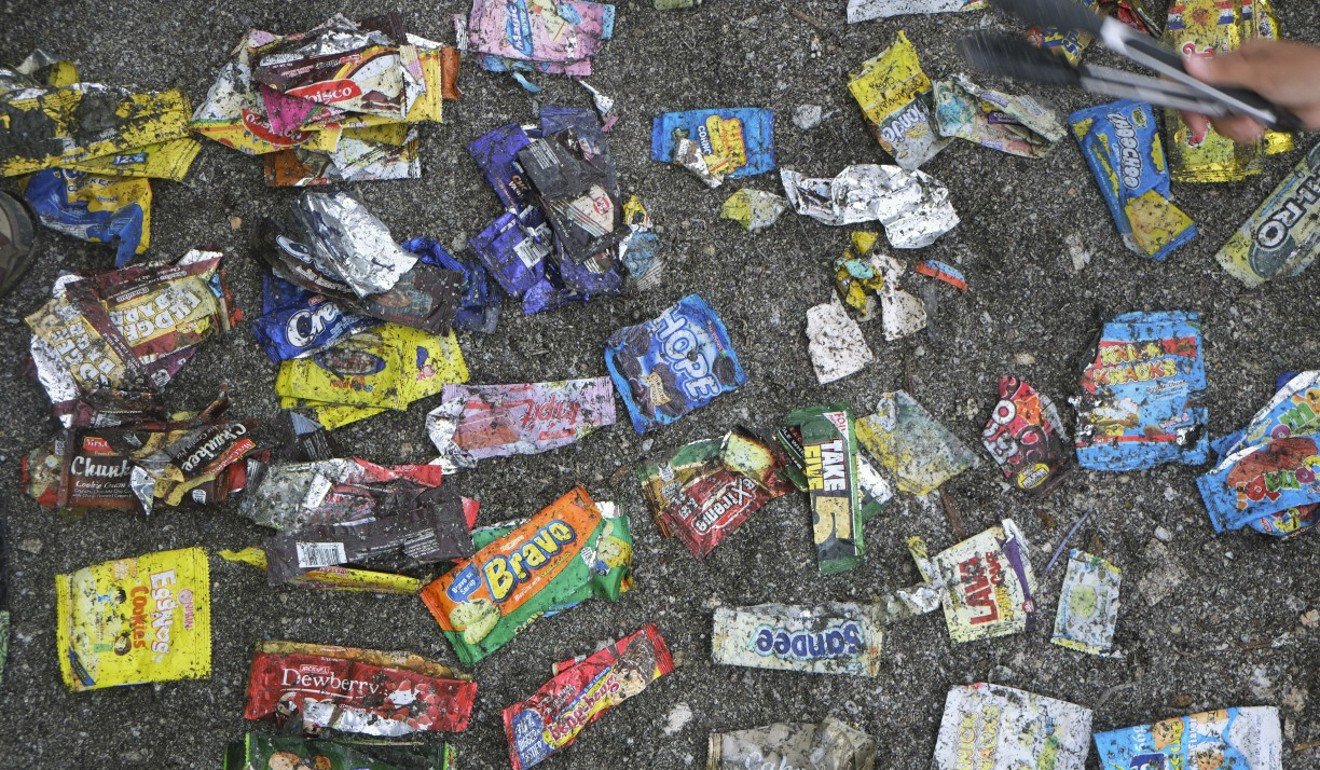
“Non-Recyclable” Plastic Waste in Manila
PlasTech Ventures’ main focus is the overarching problem of single-use plastic pollution. In 2018, 300 million metric tons of plastic were discarded worldwide. The problem is felt significantly in the Philippines where our venture intends to launch. At 2.7 million metric tons of waste per year, the country is one of the biggest producers of plastic waste. As a result of weak waste management legislation in the region and the lack of enforcement, only 20% of plastics are recycled in Manilla alone. This has led to a lack of plastic waste management facilities with little incentive to develop and maintain a recycling infrastructure.
. 

Sachet Plastic
A large proportion of plastic waste in the Philippines today is made up of thin plastic-and-aluminum-laminated sachets which are used by multinational companies to sell their products. Single-use sachets, as a result of the high rates of poverty, have become part of the culture of the Philippines. Sachet plastics consist of multilayer films in small packages. These are films composed of two or more layers of distinct materials, largely polymers and occasionally including aluminum. Multilayer films are used due to their ability to combine the properties of different materials, specifically different barrier types alongside a mechanically beneficial material. They are often utilized in packaging, with foods or hygiene products. Currently, they are considered to be non-recyclable materials and end up in landfills or in the environment. Research surrounding the films is aimed at delamination and reclaiming the initial resin. This process is expensive with minimal yield. PlasTech has researched, and is researching the material properties of recycled multilayer films without separation in pursuit of recycling the waste product into a more permanent product.
On a smaller scale, the plastic waste in the Philippines is polluting local waterways, damaging marine environments, and overwhelming communities with unsanitary landfills. Single-use plastic products suffocate the local ecosystems but the waste that exists here is worthwhile despite seemingly not. This is what PlasTech seeks to capitalize on through value added products. Additionally, alongside this overarching issue, there is a housing crisis in the Philippines that we would like to tackle through our value proposition.


